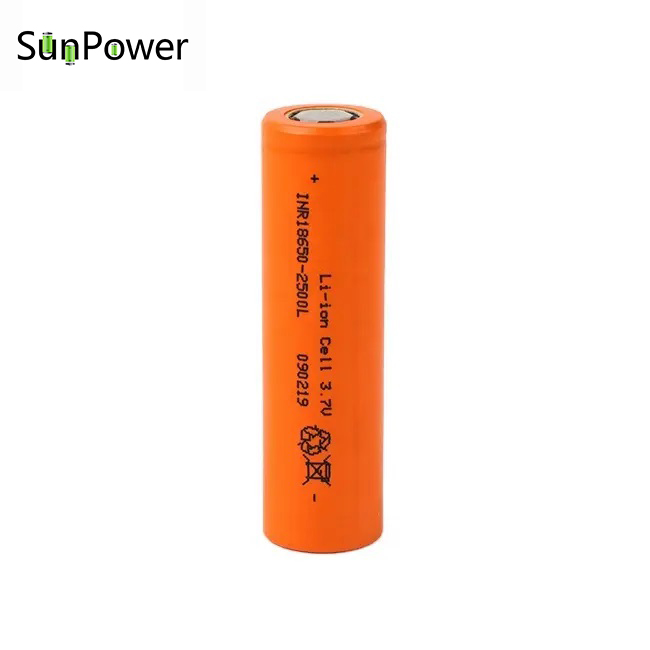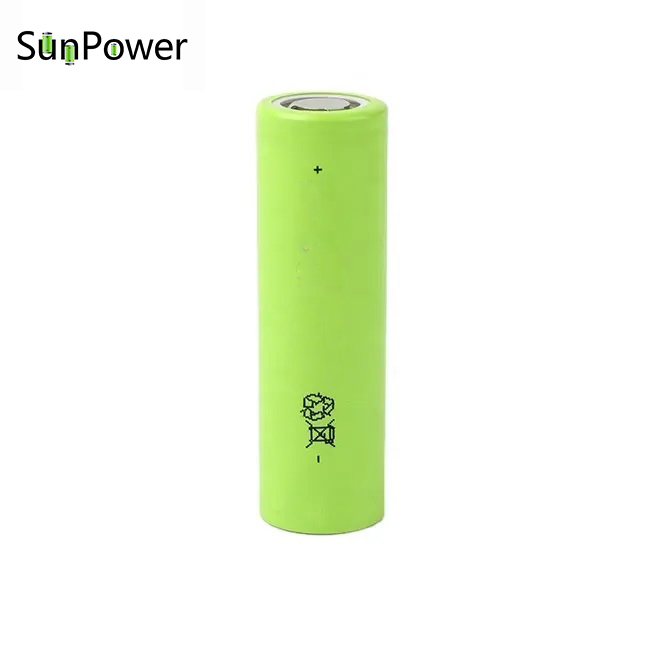In recent years, there has been a growing interest in low temperature lithium ion battery technology due to its potential applications in extreme environments. However, it is important to understand the limitations and challenges associated with this technology before fully embracing its capabilities.
The Challenges of Low Temperature Lithium Ion Battery

Low temperature lithium ion batteries face several challenges that hinder their performance in cold conditions. One major issue is the decrease in ionic conductivity at lower temperatures, which leads to reduced power output and limited energy storage capacity. Additionally, the formation of solid electrolyte interphase (SEI) on electrode surfaces becomes less efficient at low temperatures, further impacting battery efficiency.
To overcome these challenges, researchers are exploring various strategies such as optimizing electrode materials and modifying electrolyte compositions. By tailoring these components specifically for low temperature operation, it is possible to improve battery performance even under extreme cold conditions.
Sunpower New Energy: Pioneering Advances
Sunpower New Energy has emerged as a leading player in developing low temperature lithium ion batteries. Their innovative approach involves incorporating advanced nanomaterials into the electrodes and formulating unique electrolytes that enhance ionic conductivity at sub-zero temperatures.
Through extensive research and development efforts, Sunpower New Energy has successfully improved both power output and energy storage capacity of their low temperature lithium ion batteries. This breakthrough opens up new possibilities for applications where conventional batteries fail to perform optimally due to extreme cold environments.
The Promise of 18650 Custom Battery Pack
An intriguing development within the realm of low temperature lithium ion batteries is the emergence of custom battery packs utilizing 18650 cells. These cylindrical cells offer high energy density while maintaining stability even at low temperatures.
With the ability to customize battery packs using 18650 cells, it becomes possible to design energy storage solutions that are tailored for specific applications in cold environments. This flexibility allows for improved performance and reliability, making them an attractive option for industries such as aerospace, defense, and outdoor exploration.
Conclusion
In conclusion, low temperature lithium ion batteries hold great potential for powering devices in extreme cold conditions. While challenges exist regarding reduced power output and SEI formation at lower temperatures, companies like Sunpower New Energy are pushing the boundaries of this technology through innovative materials and electrolyte formulations. Additionally, the use of 18650 custom battery packs offers a promising solution for optimizing performance in cold environments. As research continues to advance in this field, we can expect further improvements in low temperature lithium ion battery technology.


